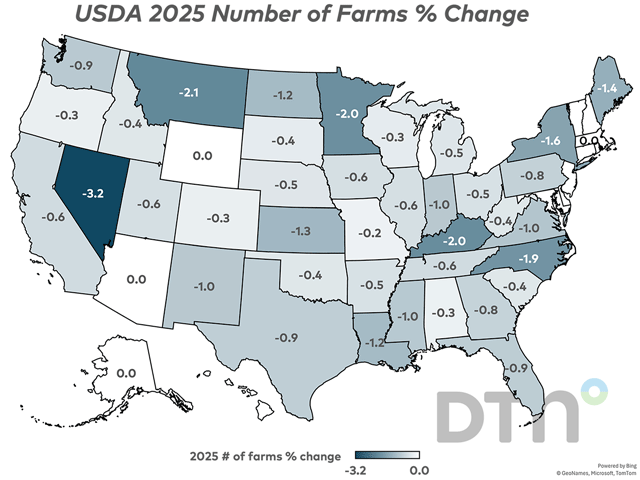DTN Oil
Oil Gains After EU Russian Fuel Ban, Ceyhan Pipeline Stop
WASHINGTON (DTN) -- New York Mercantile Exchange oil futures and Brent crude traded on the Intercontinental Exchange were modestly higher early Monday, with the international crude benchmark trading just above $80 barrel (bbl) after the European Union banned all imports of Russian diesel, gasoline and jet fuel into the block as a major pipeline carrying around 1.2 million barrels per day (bpd) to European refiners was shut down by the powerful earthquake in Turkey.
The EU ban on Russian oil products comes along with a price cap agreed by the Group of Seven nations (G7) -- the United States, Britain, Germany, France, Italy, Japan and Canada -- that governs purchasing prices for third countries.
The cap prohibits shipping and insurance firms from trading Russian refined products unless they are below a cap of $100 bbl for gasoline, diesel and jet fuel and $45 bbl for naphtha and fuel oil. The measure is similar to the price cap already in place on Russian crude oil exports and designed to curb Moscow's revenues while enabling products to flow on the global market. The problem is the current price caps -- $100 equivalent for oil products and $60 bbl for crude oil -- fall within the price ranges Russian petroleum is currently trading, which is limiting the bite sanctions could have had. So far, traders don't expect any immediate hit to Russian oil supplies; but long-term the picture might look dramatically different as the G-7 and EU continue to diversify away from Russian energy.
P[L1] D[0x0] M[300x250] OOP[F] ADUNIT[] T[]
Elsewhere, Turkey halted oil flows to the Ceyhan export terminal on the Mediterranean coast after a 7.7-magnitute earthquake struck the Kahramanmaras region, killing hundreds in Turkey and Syria. Ceyhan is the key hub for oil sales from northern Iraq, Azerbaijan and Kazakhstan into the European Union. The port exported over 1 million bpd in January, according to vessel tracking and Bloomberg data. So far, no leaks have been detected along the pipelines feeding oil to the port, but damage assessment is still in the early stages. The Kerkuk-Ceyhan pipeline carrying oil from Iraq to Turkey and the Baku-Tbilisi-Ceyhan (BTC) pipeline that connects oil fields in Azerbaijan, Turkmenistan and Kazakhstan with Turkish export ports are expected to restart later Monday.
Limiting gains for the oil complex is a rallying U.S. dollar that spiked another 0.47% against the basket of foreign currencies as investors recalibrated the outlook for Federal Reserve rate hikes this year. The blockbuster employment report released Friday, showing 574,000 new jobs were added in January compared with 189,000 expected, fueled expectations that the economy is more resilient than previously thought. The unemployment rate unexpectedly fell to 3.4% -- its lowest level since May 1969. The average workweek rose to its highest level since March 2022, meaning employees are working longer hours but wage growth remained steady at 0.3% or 10 cents month-over-month. Over the past 12 months, average hourly earnings eased to 4.4% from an upwardly revised 4.8%. What's more interesting, the labor force participation rate increased to 62.4%, which might suggest people are returning to the workforce after pandemic-related disruptions.
Additionally, macroeconomic data released Friday showed business activity in the services sector unexpectedly returned to growth led by renewed strength in consumer demand and resurgence in new orders. This might complicate the efforts by the Federal Reserve to slow the economy as it raises interest rates to restrictive territory.
The strong labor market supports the argument for the Fed to stay on course in raising the federal funds rate further and to keep the rate there to ensure a strong economy doesn't reignite inflation.
"The disinflationary process is really in its early stage. You have a credible story in goods and housing. The issue is that we have a large core service sector where we don't have disinflation yet," said Fed Chairman Jerome Powell last week after FOMC raised rates for eight consecutive meeting.
Near 7:30 a.m. EST, West Texas Intermediate futures for March delivery advanced $0.44 to $73.84 bbl, and the international crude benchmark Brent contract traded at $80.65 bbl, up by $0.74 bbl in overnight trade. NYMEX RBOB March contract edged up to $2.3261 gallon, and March ULSD futures trading near $2.7784 gallon.
Liubov Georges can be reached at liubov.georges@dtn.com



